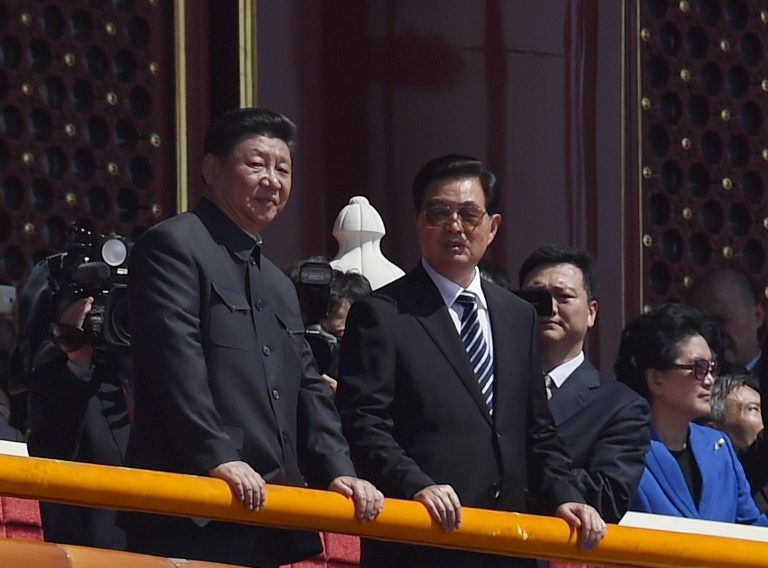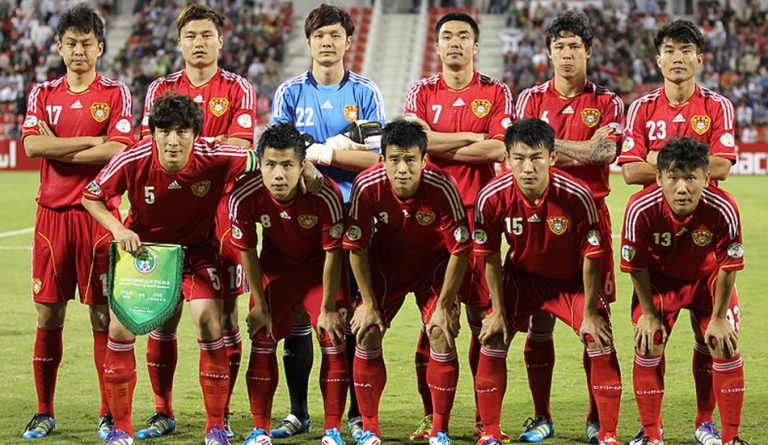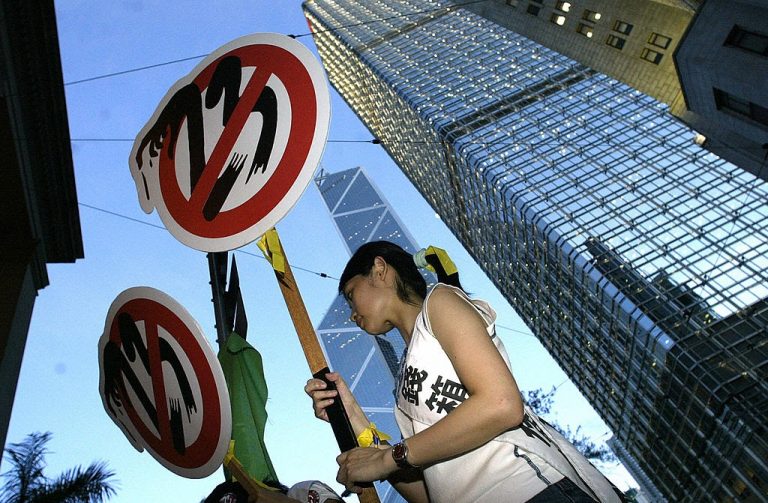Political analysis
A slew of rumors and alleged insider accounts concerning the Chinese Communist Party (CCP) leadership have emerged amidst the disappearance or removal of multiple senior officials in recent weeks.
Qin Gang, foreign minister of the People’s Republic of China (PRC) promoted to the position just months ago, was dismissed in late July after a month of complete departure from public view. Likewise, two senior commanders of the PRC’s strategic nuclear force were abruptly replaced around the same time, and now Chinese defense minister Li Shangfu is, according to multiple major media outlets and U.S. officials, facing investigation.
Even the moves of Xi Jinping himself have elicited speculation after the Chinese leader skipped a speech at the BRICS summit in South Africa late this August, and soon thereafter was a no-show at the G20 meeting in India — with PRC premier Li Qiang standing in for Xi and meeting with U.S. President Joe Biden in his stead.
The conspicuous and awkward developments in China’s “great power diplomacy,” as well as what seem to be purges among members of Xi’s own inner circle, point at heightened political turbulence in Beijing. Though nominally reigning supreme over the Party, the Xi leadership almost certainly finds itself hard-pressed by rival elites in the regime, particularly as Communist China faces mounting crises at home and abroad.
All the leader’s men
Success
You are now signed up for our newsletter
Success
Check your email to complete sign up
Xi Jinping, who has been in power since 2012, is known for his protracted anti-corruption that has felled dozens of senior CCP cadres. However, analysts have long noted that those purges target Xi’s political rivals, and specifically officials associated with the powerful factional network of now-deceased former Party head Jiang Zemin.
Last September, the Chinese authorities sentenced ex-national police chief Fu Zhenghua and multiple other former senior officials in the PRC security establishment to lengthy prison terms; Fu and the others have known ties to the Jiang faction.
Meanwhile, Xi’s decade in office has seen him promote his allies, reorganize Party and state institutions to establish greater control in the face of rival influences, and grant himself a third term as Chinese leader so as to establish his own authority as CCP boss. So high has Xi placed himself that many China watchers and Western media outlets have taken his dominance in the regime for granted.
Yet in contrast to the targets of the anti-corruption campaign, whose factional background often clearly marked them as belong to the camp of Jiang and his allies, the latest disappearances and shakeups in Zhongnanhai, the CCP leadership compound in the side courts of Beijing’s ancient Forbidden City, affect not Xi’s rivals, but those men who by all accounts should be among his close allies.
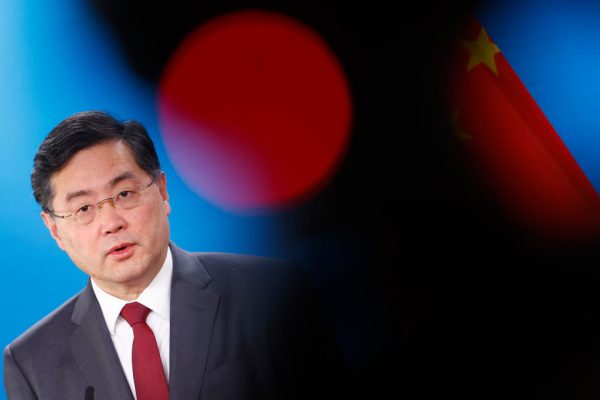
Qin Gang, the former foreign minister, was elevated to the post following the 20th Party Congress last October. Meanwhile, the two recently replaced generals served in the People’s Liberation Army (PLA) Rocket Force, a branch of the communist military that commands its entire land-based nuclear arsenal, and which came into being after Xi Jinping’s sweeping reform of the PLA in 2016.
Defense Minister Li Shangfu was likewise promoted to the position despite being sanctioned by the U.S. government in 2018 for his involvement with Chinese purchases of advanced fighter jets from Russia.
According to Reuters, the Financial Times, and U.S. Ambassador to Japan Rahm Emanuel, multiple sources in the CCP revealed that Li has come under scrutiny by the Party’s disciplinary agency for discrepancies in procurements for the PLA. Li has been absent for over two weeks at the time of writing, and the revelations came shortly after Xi’s own absence from the G20 gathering.
And while no official indication was given as to the reason for Qin Gang’s disappearance and dismissal, sources have told the Wall Street Journal that Xi’s handpicked foreign minister was ousted on account of an extramarital affair with an Chinese woman residing in the U.S. that not only produced a child, but was also judged to have endangered the PRC’s national security.
Rumors abound
SinoInsider, a risk consultancy that specializes in elite Chinese politics, noted that the raft of “insider information” concerning investigations into Xi’s allies or loyalists” appears “incredibly accurate directionally” despite many of the details themselves being suspect or contradictory.
The analysts, writing in several recent newsletter entries, believe there is a strong possibility of Xi’s factional rivals turning the leader’s own political directives — namely his focuses on anti-corruption and national security — on him by revealing incriminating information about his allies, thus forcing Beijing to take action.
Moreover, the confirmed developments involving the Xi leadership, plus the widespread attention these have been given by media reports and popular rumors, bode ill for the Chinese leader at a time when he has little to show for his decade in office.
Despite ending the three years of ruinous “zero-COVID” lockdowns, the Chinese economy remains in sharp decline and the real estate bubble is precariously close to collapse. Around a quarter of China’s youth are unemployed, and despondency among them is increasingly pronounced as trends such as “lying flat” take hold amidst falling rates of marriage and childbirth. Meanwhile, the international community has come to increasingly view Beijing as a disruptive threat, rather than an attractive partner.
In addition, natural disasters, including floods and droughts of rare scale, have hit China multiple times following the start of the coronavirus pandemic, further worsening the plight of ordinary Chinese and, per the ancient cycle, embittering them against the powers-that-be.
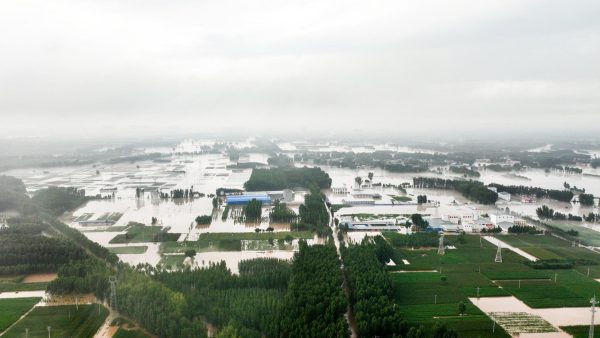
Xi’s predicament
For the Chinese leader, being compelled to take down his own appointments is a dangerous turn of events, whether it was the result of conspiracy by rival factions, or a runaway consequence of Xi’s repeated orders to “strictly govern the Party.”
In their Sept. 21 newsletter, SinoInsider observed that “for the longest time, Xi Jinping could count the anti-corruption campaign as his only genuine political success” from his time as CCP general secretary, while most of his authority in the regime is built on mere titles and propaganda.
“Xi now purging his own allies and loyalists over corruption, however, threatens to undo the anti-corruption effort, leaves the PRC leader with nothing to show for his decade in office, and strengthens the hand of his weakened but unvanquished political enemies in the factional struggle showdown.”
Rather than just affecting a handful of officials, the recent disturbances in Xi’s camp could create a domino effect, with discord growing between the leader and his allies.
Indeed, many of the most explosive rumors now circulating online concern Xi Jinping’s political standing and even make claims about his psychological state.
According to Wu Zuolai, a prominent Chinese political commentator living in the U.S., Xi harshly berated other leading CCP officials — his allies in the Party’s Politburo Standing Committee — while they were vacationing at the Beidaihe resort this summer, scolding them about the poor performance of the economy and other pressing issues.
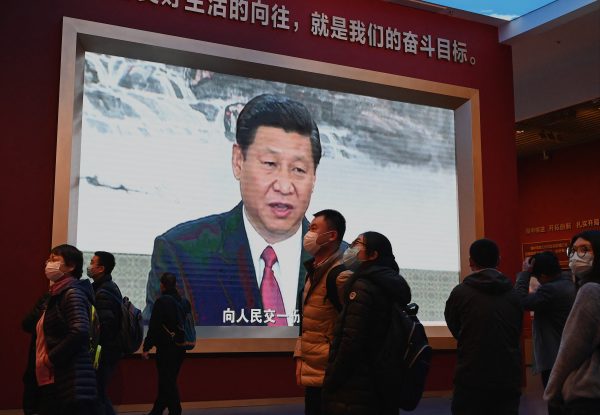
Wu also claimed that Xi complained about the “time bomb” that previous generations of Communist Chinese leaders had “passed” to him, and even threatened to “take all you [expletive]s down with me” and “blow up the Party so that we can have a new China.”
Other rumors that emerged around the same time alleged that Xi Jinping was on edge about his future, having seen an interpretation of an ancient Chinese prophetic text, the “iron plate diagram,” according to which he would meet a violent end.
According to information Vision Times obtained from a reliable source in late August, Xi Jinping has become exceedingly concerned with guaranteeing his personal safety, and sees threats everywhere.
Observers have speculated that Xi’s growing paranoia could be behind his absence from high-profile events held abroad, as well as irregular movements. For instance, immediately after his trip to South Africa, Xi flew to the Xinjiang region of far western China where he gave a speech about security, rather than heading directly back to Beijing.
According to SinoInsider, as Xi’s political straits worsen, he could be compelled to take more extreme action, even to the detriment of Communist Party rule.
For example, despite his longstanding rivalry with former Party leaders, chief among them the late Jiang Zemin, Xi has not proven able or willing to openly denounce their “political line” or human rights abuses: moves that, while effective in taking down factional opponents, could easily threaten the CCP’s public image and thus grip on power.
But should Xi believe that his position as Party leader has become untenable regardless, he could move to decisively take down his rivals, thus endangering the communist regime as he hopes to secure a way out of an impossible situation.



